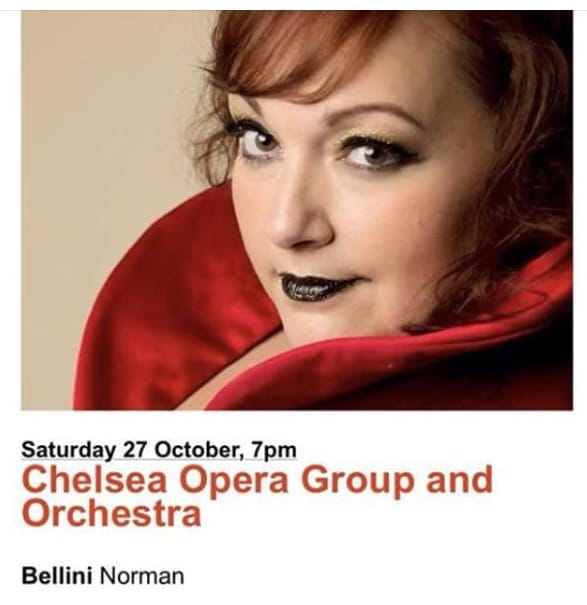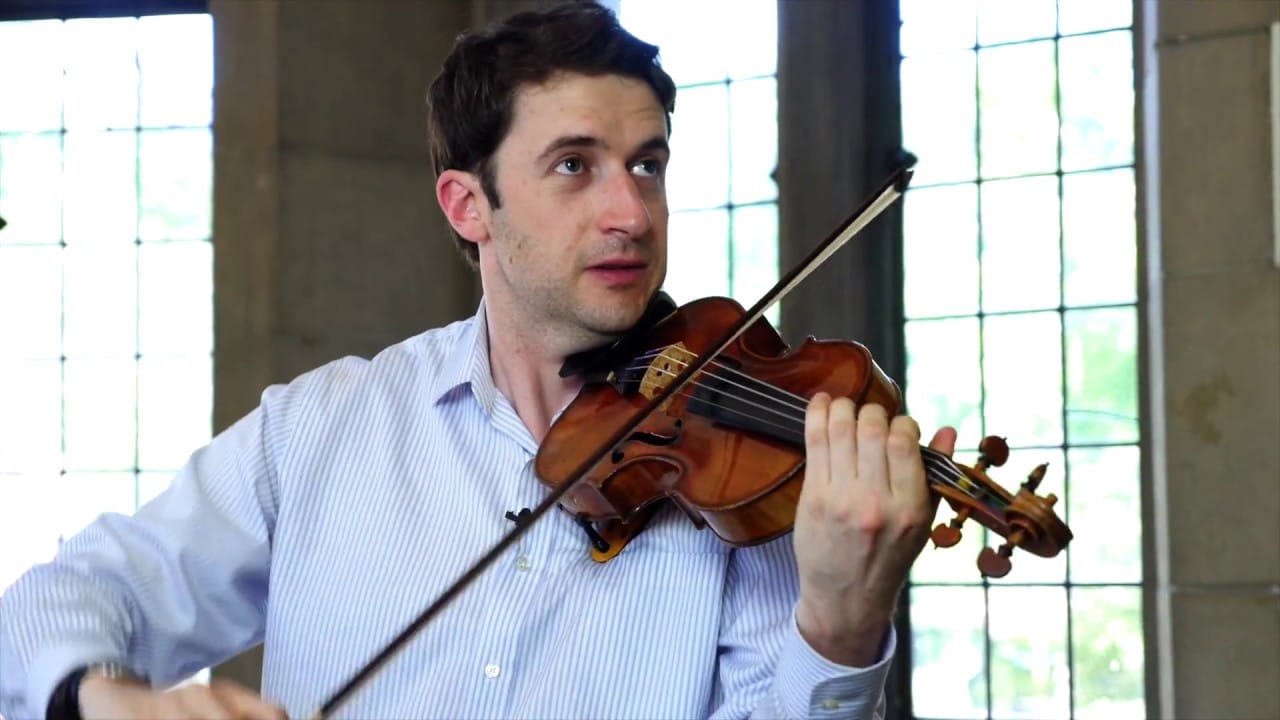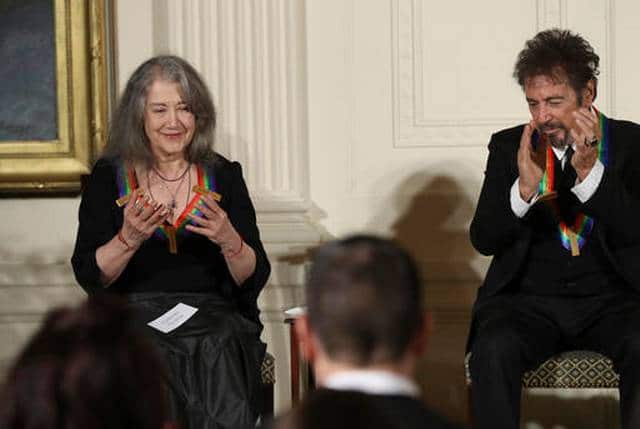Bellini wrote a Slipped Disc opera
mainApparently.


The American mezzo-soprano Elizabeth Russo, who sang Fricka…

The US violinist Noah Bendix-Balgley, first concertmaster of…

Washington sources say the president will offer personal…

There will be a memorial concert for the…

Session expired
Please log in again. The login page will open in a new tab. After logging in you can close it and return to this page.
Comments